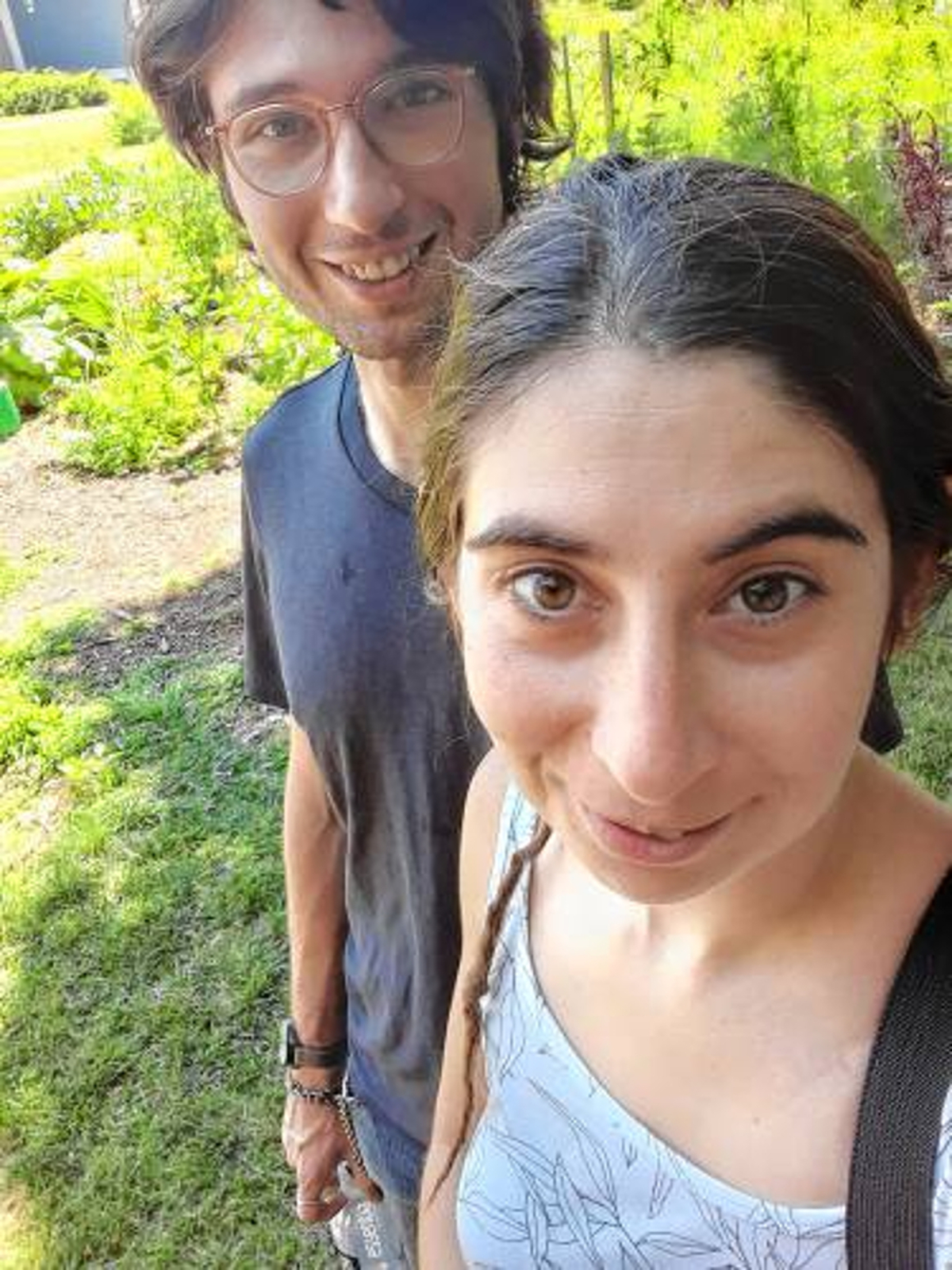
Recover Project: Sowing the Seeds of Sobriety
Greenfield, Massachusetts might not at first seem like much of a city, but if you take more than a cursory look, you’ll find it’s got the kinda forward-thinking that’s made New England such a historical place. In addition to being the birthplace of Transcendentalist George Ripley and Beat figure Herbert Huncke, the city fields the Greater Commonwealth Virtual School, a tuition-free public school of choice serving grades K through 12. It also happens to be the first of its kind in the nation.
So it only makes sense that Greenfield would also be home to the Recover Project. The first peer recovery center in the state — and considering it’s 23-year history, undoubtedly one of the first in the nation as well — Recover Project proves the efficacy of employing veterans of the trade (if you will) in the recovery process. It is their belief that first-hand help best comes from first-hand experience, and they field a group of well-versed veterans who are testament to that fact.
But just because someone has been there and done that doesn’t necessarily mean they don’t know any better. It generally means they know enough not to go back and do that ever again. It also means they fully well know what triggers a relapse or sets us up for a slip. And it’s in their best interest to see neither rears its ugly head.
Heck, it’s in their job description. Just check out how SAMHSA spells out the role of the peer recovery worker:
Peer support workers are people who have been successful in the recovery process who help others experiencing similar situations. Through shared understanding, respect, and mutual empowerment, peer support workers help people become and stay engaged in the recovery process and reduce the likelihood of relapse. Peer support services can effectively extend the reach of treatment beyond the clinical setting into the everyday environment of those seeking a successful, sustained recovery process.
The Recover Project
The Recover Project — part of the Western Mass Training Consortium — receives funding from the Bureau of Substance Addiction Services (BSAS), which is under the auspices of the U.S. Department of Health (HHS). That means there are a lot of checks keeping it in balance.
It also means its tied in to some of the most astute organizations in the state, recovery and otherwise.
The Consortium “creates conditions in which people who have faced marginalization, oppression, or otherwise felt invisible are better able to pursue their dreams and strengthen communities through voice, choice, and inclusion.”
BSAS “oversees the statewide system of prevention, intervention, treatment, and recovery support services for individuals, families, and communities affected by substance addiction.”
And the mission of the U.S. Department of Health and Human Services (HHS) is to enhance the health and well-being of all Americans, by providing for effective health and human services and by fostering sound, sustained advances in the sciences underlying medicine, public health, and social services.With a workforce totaling nearly 60,000, it’s a cinch they’ve got their mission covered.
Then there’s the Greenfield Community, which operates the gardens. That outfit includes Mike Hannigan, of the Greenfield Community College’s Permaculture Club, who’s now the Recover Project’s Garden Path coordinator and Claire McGale, who’s been the Recover Project peer leadership and development coordinator for three years. It also includes members of the Pleasant Street Community Garden, the very place where folks take the Garden Path..
“Participate. Grow. Recover.”
That’s the Recover Project motto (which aligns nicely with its Code of Ethics) and we can’t think of a more apt three words to affix to a project like this. Like the best of recovery efforts, success takes participation. People need to join in if anything is to be accomplished.
Or if anything is to grow. Without teamwork, there’s little chance there’ll be growth in the community, in the garden or otherwise. And without a fully engaged team there’s little chance of recovery, which is the goal to begin with.
Participate. Grow. Recovery.
Sounds like a veritable plan to us.
Healing Properties salutes Project Recover and we hope everyone in town has a chance to take its Garden Path. It looks like a formidable solution to a formidable problem. It also looks like fun!
IMAGE: Claire McGale is the peer leadership and development coordinator for the Greenfield-based Recover Project. McGale is shown with a fellow participant, Dylan, as they take a break from weeding their group plot at the Pleasant Street Community Garden. COURTESY RECOVER PROJECT